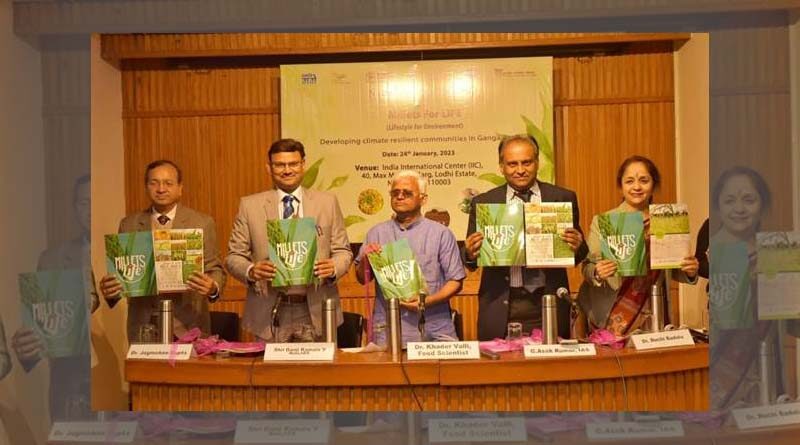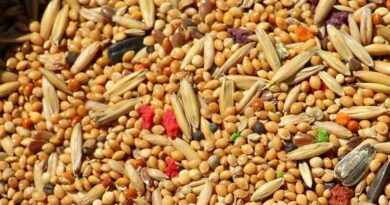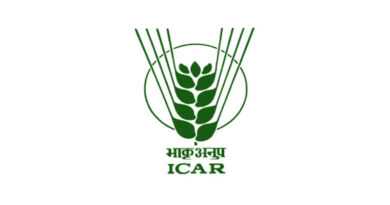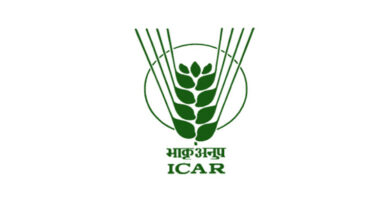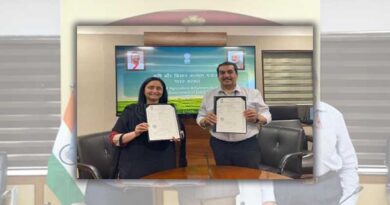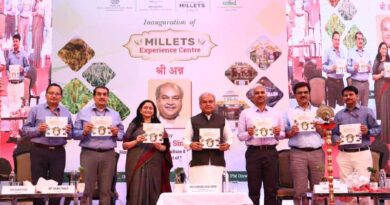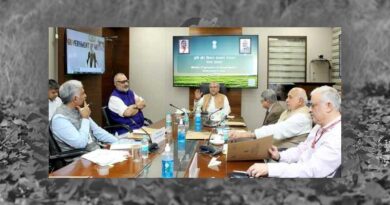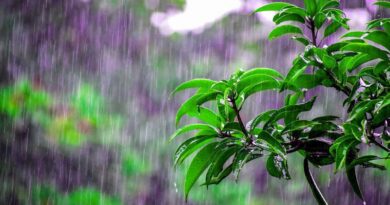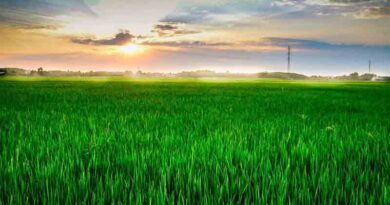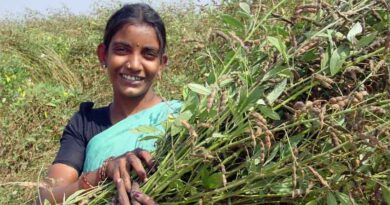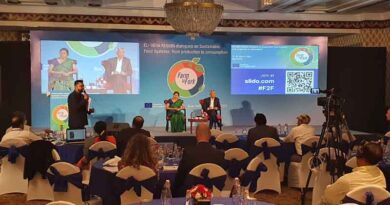Namami Gange organizes a seminar on ‘Millets for Life: Developing Climate Resilient Local Communities in the Ganga Basin’
25 January 2023, New Delhi: National Mission for Clean Ganga (NMCG) and Wildlife Institute of India (WII) organized a one-day national-level seminar on ‘Millets for LiFE (Lifestyle for Environment): Developing Climate Resilient Local Communities in the Ganga Basin’ at India International Centre in New Delhi.
The seminar connected experts involved with several aspects of millet cultivation and marketing promotion, including policymakers, academicians, and practitioners. Extensive deliberations were conducted on various strategies to promote natural farming and sustainable development in the Ganga Basin. United Nations General Assembly (UNGA) has declared 2023 as the International Year of Millets (IYM).
The seminar was aimed at initiating discussions and formulating strategies towards adopting millet as the means of transformation to impart sustainable development and promotion of natural farming practices in the Ganga basin. The seminar provided direction towards promoting millet-based natural farming practices among the local communities. It also gave an understanding of instilling skills for millet-based alternative livelihoods to enhance local incomes and achieve the goal of life. Moreover, the seminar successfully ensured that Gender Equality and Social Inclusion (GESI) are being exerted through converging various government initiatives at the grass root levels. The United Nations General Assembly (UNGA) has declared 2023 as the International Year of Millets (IYM).
Mr. G. Asok Kumar, DG, NMCG began his address by expressing gratitude towards Ganga Praharis for their support towards Ganga rejuvenation. Referring to the United Nations’ recognition of Namami Gange as one of the ‘Top 10 World Restoration Flagships to Revive the Natural World’ he credited the Ganga Praharis for the achievement and called them the ‘Brand Ambassadors’ of the Namami Gange program. Mr. Kumar emphasized the importance of millet which form an integral part of the core diet taken by people residing in the villages and is part of the Indian tradition. “We have forgotten the traditional wisdom of our own country because of the tendency of some among us to blindly ape the west. It is time to go back to our roots,” he added, referring to the Independence Day speech of Prime Minister Mr. Narendra Modi in which he said that Pran of Amrit Kaal – The goal of developed India, is to remove any trace of the colonial mindset, take pride in our roots, unity, and sense of duty among citizens.
“We have to address the challenge of monetizing the cultivation of millet so that more and more farmers make the shift. We have to make the ‘Millet Campaign’ profitable for farmers’,” Mr. Kumar said, adding, “We will try to make the Ganga Basin a Millet Basin in the coming few years.” He also mentioned the ‘Sahi Fasal’ campaign, launched in 2019 by the National Water Mission to nudge the farmers to grow less water-intensive, economically remunerative, and environmentally friendly crops.
CEO of the Food Safety & Standards Authority of India (FSSAI) Mr. Ganji Kamala Vardhana Rao emphasized the changing consumption patterns of people in India and called for eating habits that are based on the nutritious value of the food we eat. “We have to change our perspective and shift to a sustainable living rooted in the traditional wisdom of our own country,” he added.
Food Scientist, Dr. Khader Valli termed millet a superfood that is available in 2800 varieties on the planet. He emphasized that Millets are important for sustainable development as it immensely improves our immunity due to its rich fiber content. “Millets is our traditional food which used to be the source of essential nutrients. The other grains prevalent in India are imposed in one way or the other,” he said, adding, “Millets are also important from the point of view of water conservation as they consume very less water as compared to other crops.” He said that India must focus on the production of millet on a large scale and go back to traditional eating habits to remain healthy.
Also Read: Millets & Organics -2023: Three-day International Trade Fair starts at Thripuravasini, Bengaluru
(For Latest Agriculture News & Updates, follow Krishak Jagat on Google News)

